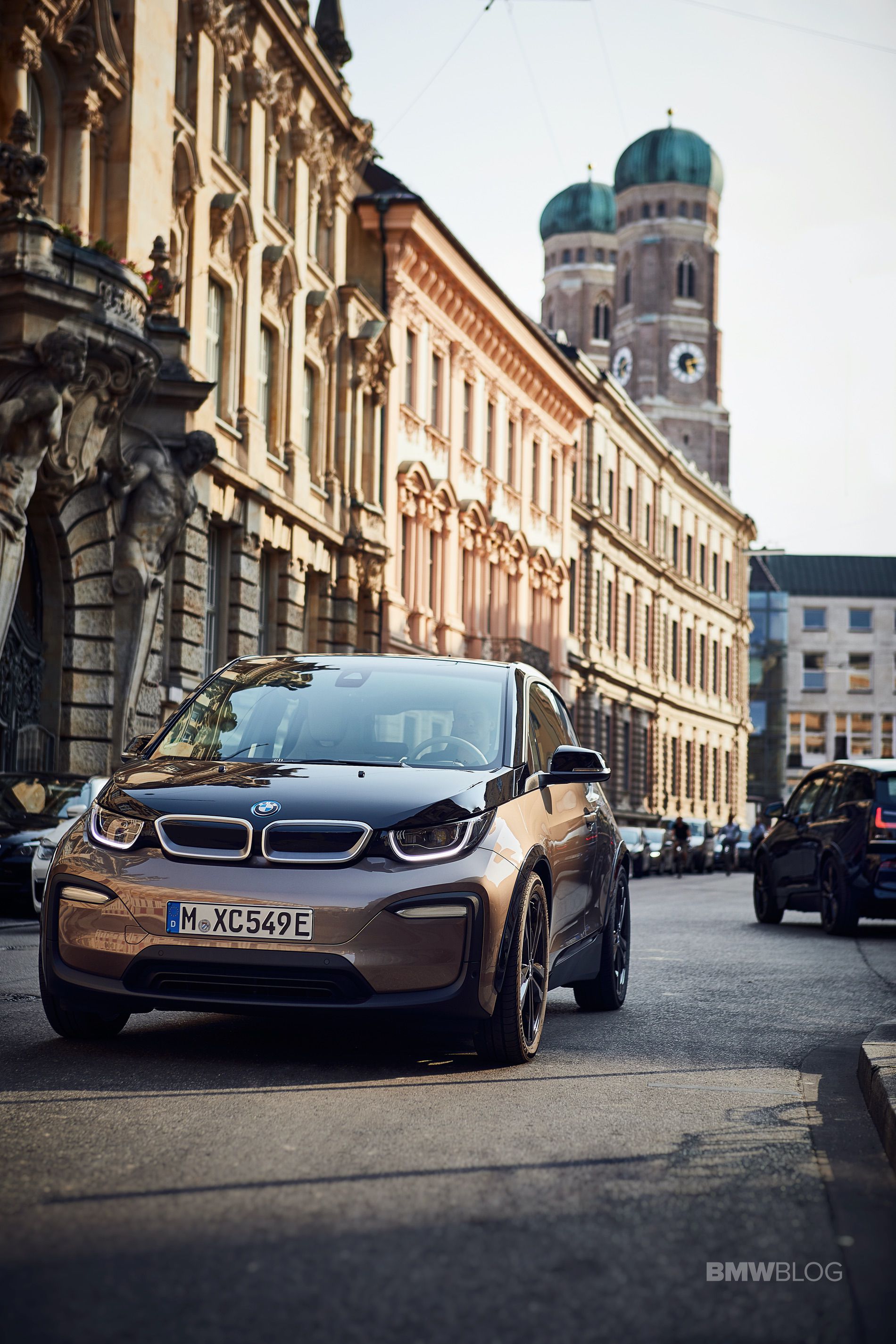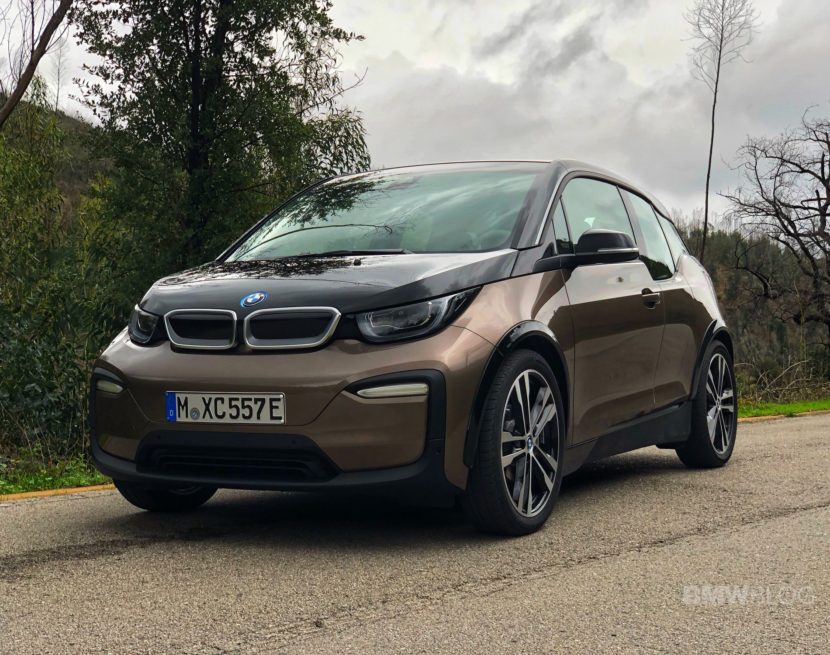As the BMW i8 production comes to a halt, the i3 electric vehicle will continue to hold the torch for the “i” electrified division. BMW has announced before that they have no plans to build a second, similar i3 hatchback, and now, they seem committed to a production run until 2024.
According to Cars UK, the Bavarians could double the i3 production, if demand arises. The capacity allows for an increase from 116 cars a day to 250. In 2019, the BMW i3’s worldwide sales increase by over 30 percent.
BMW currently offers four variants of the i3 hatchback: i3 and i3 REx, and i3S and i3S REx. The Range Extender version is only available for the U.S. market.
The latest update to the i3 – dubbed 120Ah – gets a range increase of nearly 65 km (40 miles), for a total of 260 km (161 miles), with the battery pack being actually measured at 42.2kWh (kiloWatt hours).
BMW claims a real world range of 240 km for the i3 120Ah (a significant increase over the 200 km previous range).
While BMW won’t build another i3, there are quite a few new EVs coming out of Munich. This year’s launches will include the BMW iX3 electric SUV, followed in the 2021 by the i4 (i440i) and the flagship iX (iNEXT). Further into the decade and we will see other electric vehicles such as the i7 and the next-generation 5 Series.
When BMW launched the i3 and i8 in 2013, the two projects were not only considered the most advanced within BMW, but also in the automotive world. The first electric BMW and also the first hybrid sportscar from Munich made use of BMW’s knowledge in carbon fiber construction, but at a much larger scale.
The cars were innovative when it came to sustainability, production processes and manufacturing of series cars, and have won several awards over the years.






































































